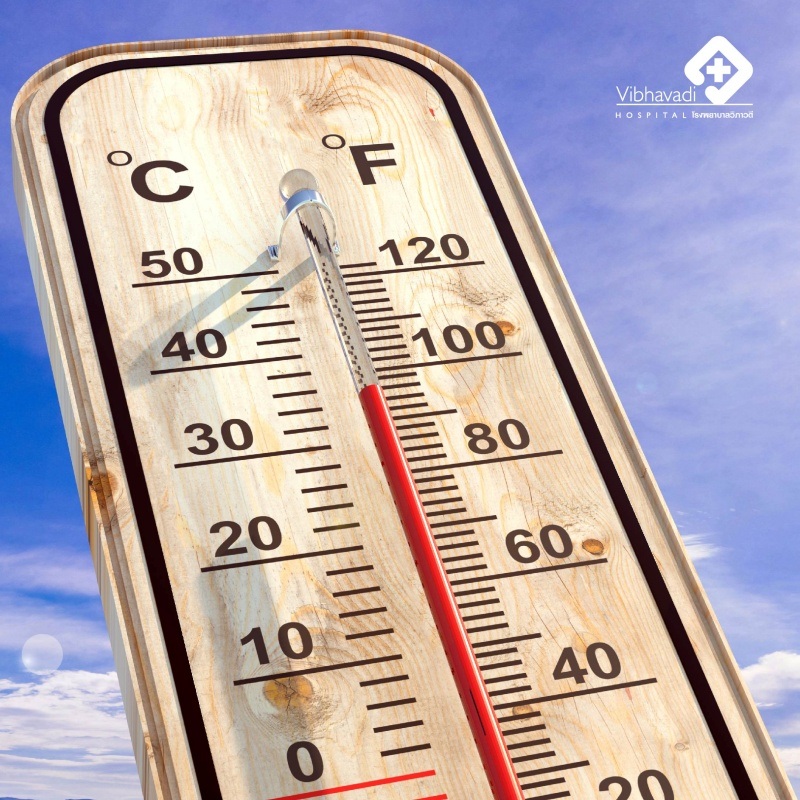Seborrheic Dermatitis: The Condition That Arise During The Cold Season
Seborrheic Dermatitis: The Condition That Arise During The Cold Season
Dr. Thanyathus Sojaiya, Dermatologist at Vibhavadi Hospital
When the chilly winds blow, the issue faced by women and even men is none other than skin problems and dryness. We can see that when the cold wind combines with low humidity, it often leads to dry and itchy skin issues. Many people misunderstand these itchy symptoms, thinking they are caused by dry skin or dirtiness, and thus they use harsh soaps to vigorously cleanse those areas. Consequently, the condition worsens, and you might have heard of the term "Seborrheic Dermatitis" or facial eczema. This condition is increasingly prevalent among Thai people, especially during the winter season.
Currently, seborrheic dermatitis is becoming more common among Thai people, particularly during the winter season. The main causes are stress and spending time in air-conditioned rooms, which are significant triggers. seborrheic dermatitis belongs to the same group as facial eczema and psoriasis, non-communicable skin conditions. seborrheic dermatitis manifests as red rashes on the forehead, cheeks, eyebrows, or flaky rashes above the eyebrows, nasal folds, and hairline. In severe cases, distinct wounds are visible, resembling psoriasis. Apart from facial rashes, rashes similar to eczema might appear on the scalp, although they are redder, and can also be found in other areas with abundant sebaceous glands, such as behind the ears, the back of the ear, the waist, and the nape of the neck.
In the past, seborrheic dermatitis was more commonly found among Westerners, but now Thai people have similar lifestyles to those in the West, including higher stress levels. Factors that contribute to seborrheic dermatitis or facial eczema domination include stress, inadequate rest, dry facial skin, excessive facial washing, exposure to direct sunlight, consumption of alcoholic beverages, and consuming hot foods or drinks. These factors can all lead to the dominance of facial eczema.
The treatment for this condition involves avoiding the aforementioned triggers and seeking consultation with a dermatologist if the condition worsens. It is essential for patients not to overly worry as the condition tends to improve and worsen intermittently, and excessive anxiety will only cause more stress and aggravate the condition.















